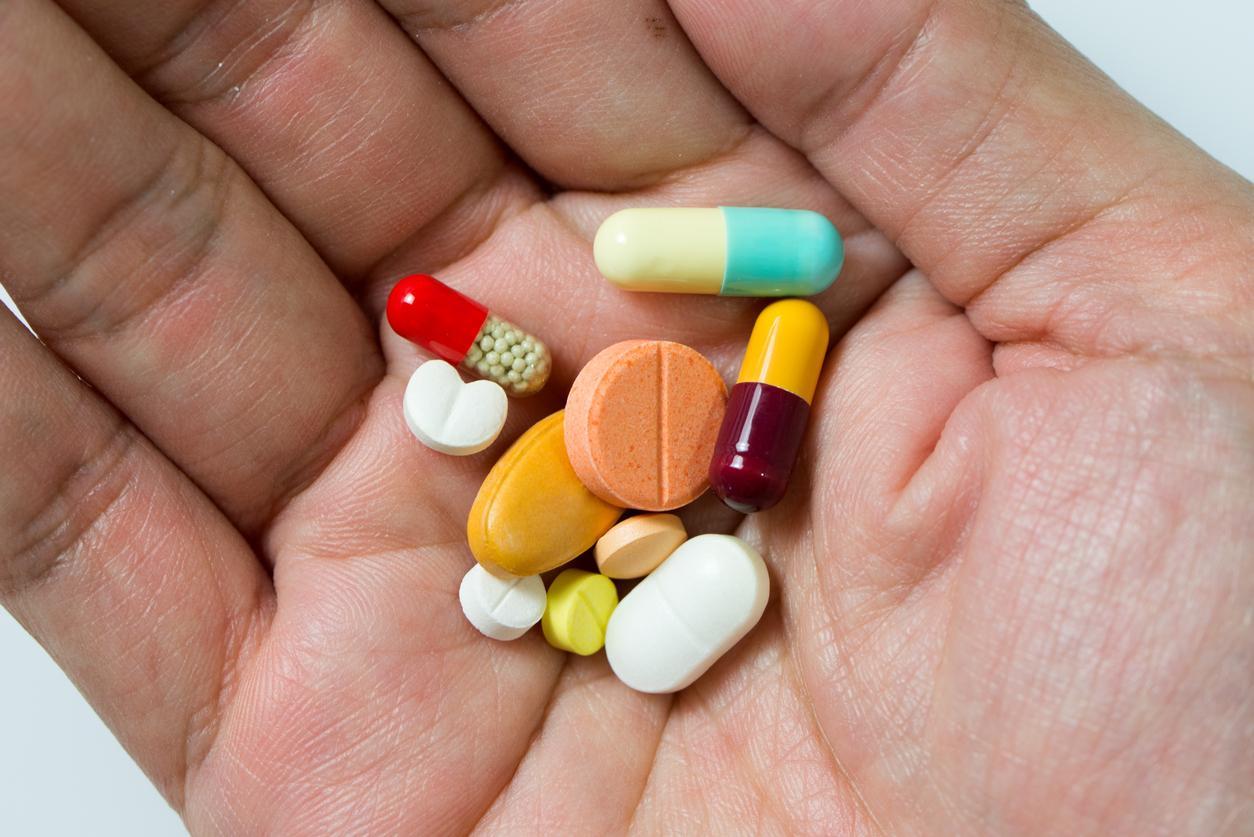Psychedelic drugs can help tackle depression, study suggests
The psychedelic drug has been more effective for treating depression than other substances including LSD

Psychadelic drugs have been shown to successfully treat more than half of people with depression, a new study has shown.
A small trial into the drug DMT found that 57 per cent of those trialled experienced a “statistically significant” reduction in depressive symptoms.
DMT is the main substance found in the psychoactive brewed drink ayahuasca, traditionally used in indigenous South American medicine.
The research, carried out by biotech company Small Pharma, involved 17 patients with moderate to severe depression. Another 17 patients received a placebo and therapy.
The trial was the first of its kind to be placebo-controlled and administered with supportive therapy post-trial.
The trial is considered a significant discovery in the use of psychadelic substances to treat depression.
Dr Carol Routledge, chief medical and scientific officer at Small Pharma said the drug had a “significant antidepressant effect that was rapid and durable.”
She concluded that the results of the trial were “clinically meaningful” and would lead to further international study.
George Tziras, chief executive at Small Pharma added: “MDD [major depressive disorder] affects the lives of hundreds of millions of people worldwide. The scale of the unmet need indicates the importance of investigating alternative new treatments.
“Our goal is to develop proprietary, scalable and reimbursable short-duration psychedelics with supportive therapy to address this need. I am delighted with our top-line results.”

Results from the trial found that after two weeks, those given the drug had a significant drop in depressive symptoms compared with those not given it, with a remission rate of 57 per cent after three months of the trial.
There were reported to be no drug-related or physical side effects from the trial, including no suicidal ideation or behaviour.
Psychoactive substances have been under greater study for the treatment and therapy of depression and other mental illnesses.
A 2022 study on the effects of DMT, published in the Nature magazine, found similar results with depressive symptoms “decreased significantly”.
Traditional antidepressants were recently the subject of research from the University of Cambridge suggested selective serotonin reuptake inhibitors (SSRIs) led to greater experience of ‘blunting’ where patients felt emotionally dulled.
The efficacy of the trial was calculated through the Montgomery–Åsberg Depression Rating scale which measures the severity of depressive episodes in adults.
Dr David Erritzoe, a clinical psychiatrist at Imperial College London and the chief investigator said: “The results are exciting for the field of psychiatry. We now have the first evidence that DMT, combined with supportive therapy, may be effective for people suffering from MDD.
For patients who are unfortunate to experience little benefit from existing antidepressants, the potential for rapid and durable relief from a single treatment, as shown in this trial, is very promising.”
Further study will be needed to validate the trial’s findings, with Small Pharma looking to roll out international trials following further review of the trial’s results.
Join our commenting forum
Join thought-provoking conversations, follow other Independent readers and see their replies
Comments







Bookmark popover
Removed from bookmarks